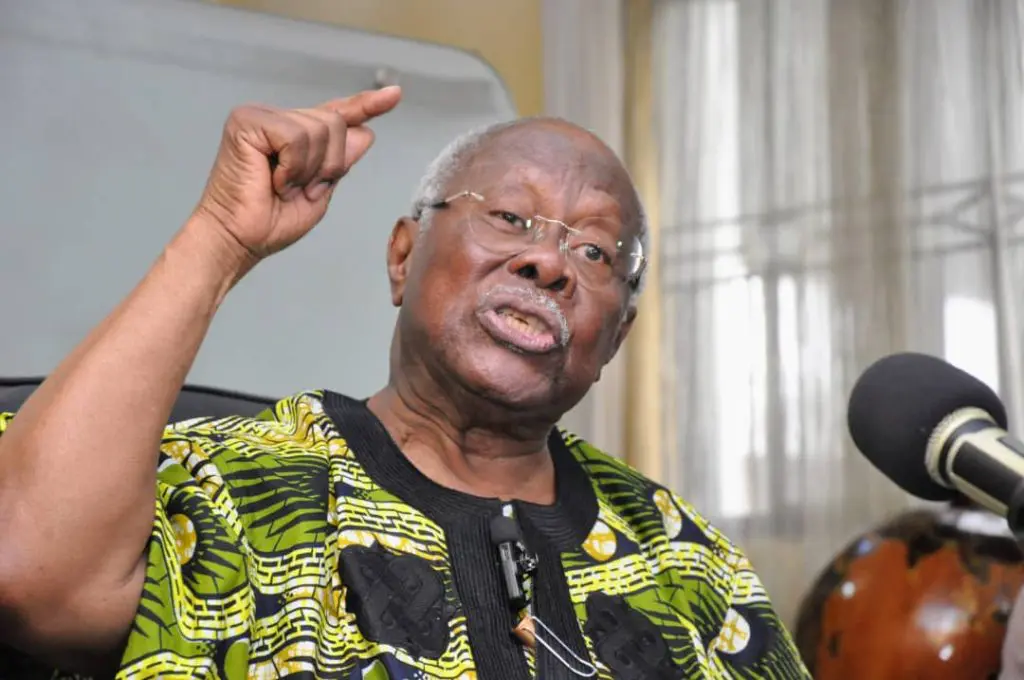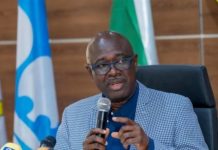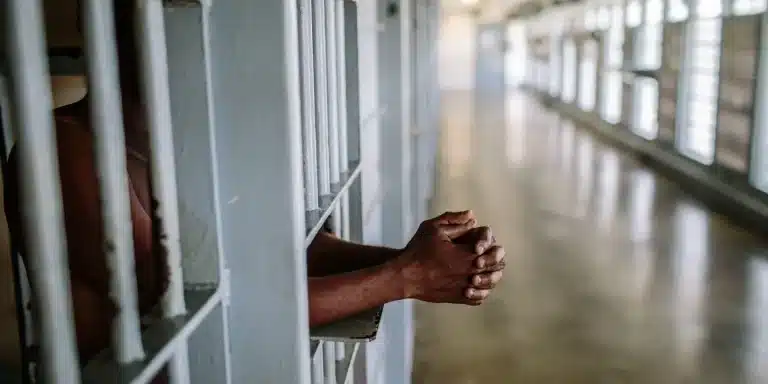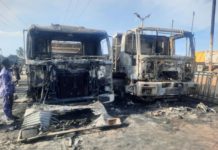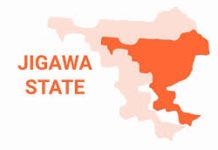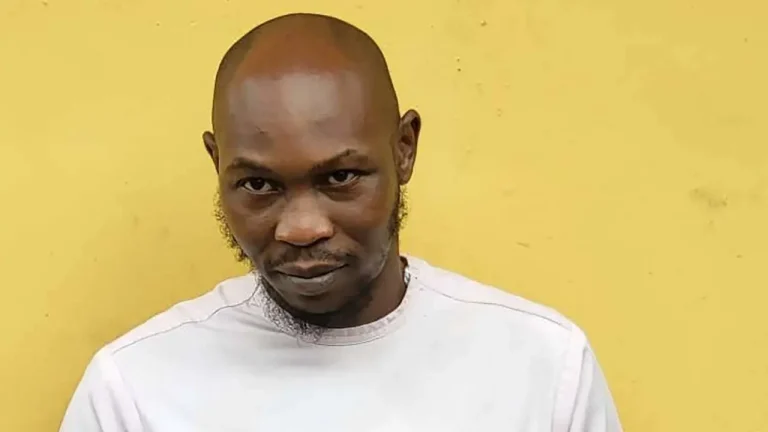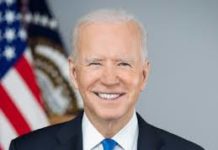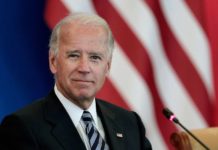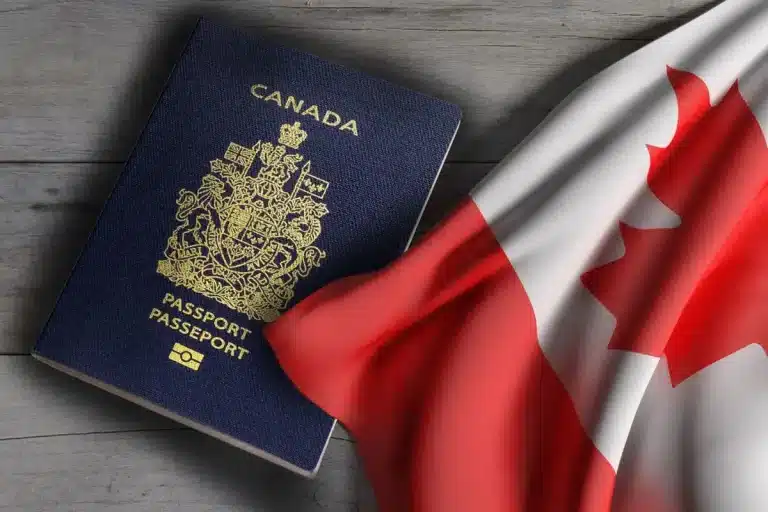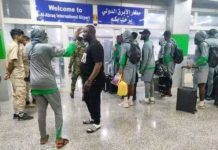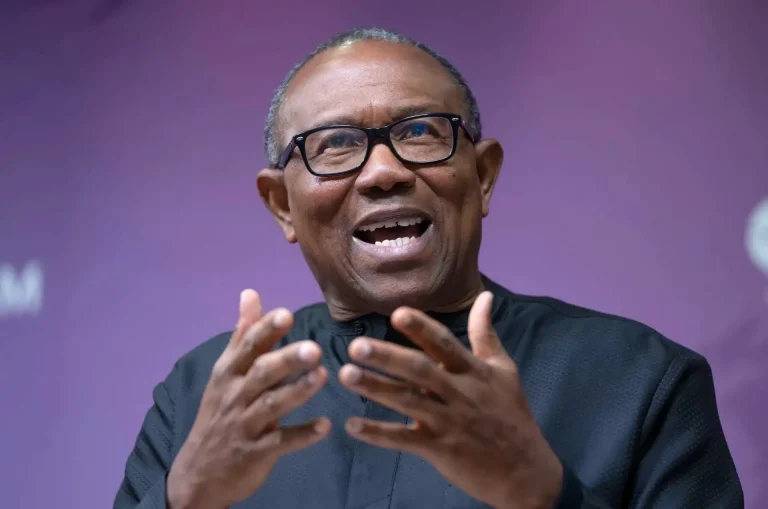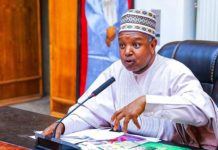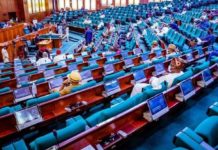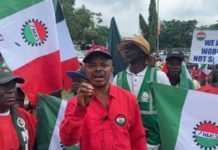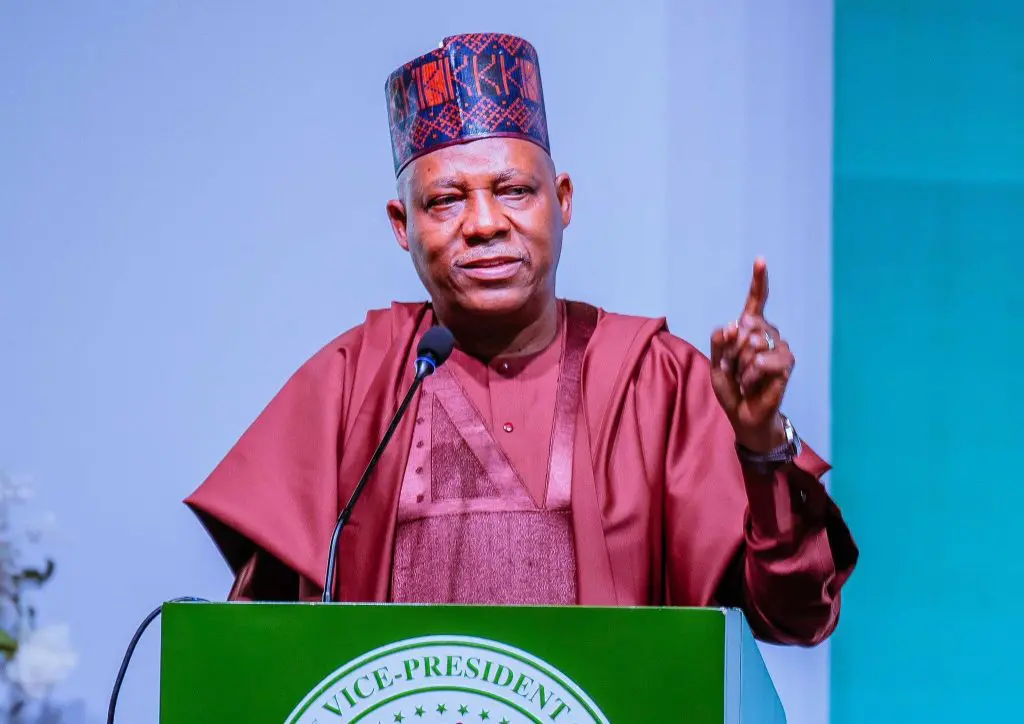With the Nigerian government considering joining the Voluntary Principles Initiative, PRAWA, LITE-Africa and DCAF propose the organisation of a technical workshop to discuss the opportunities, challenges, strategies and processes for enhancing VPs implementation. The workshop seeks to gather Nigerian technical government staff to discuss how the VPs interface with Nigeria’s policies and laws and identify gaps that exist and needs for guidance, tools, knowledge and resource in implementation.
The meeting which held at Renee Hall, Newton Park Hotels & Resort limited in Abuja gathered participants from the following Ministries: – Ministry of Justice; Ministry of Mines and Steel Development; Ministry of Interior; Ministry of Agriculture and Rural Development; Ministry of Foreign Affairs; Federal Ministry of Trade and Investment; National Human Rights Commission, Nigerian Security and Civil Defence Corps. The technical meeting offered a space for the participants to map their roles and the instruments or policies that they are currently using to implement security and human rights regulations when it comes to extractive industry. The meeting then identified existing gaps and needs for guidance, tools, and resources.
The objective is that participants identify implementation priorities and develop a roadmap for addressing regulatory needs. The workshop seek to: Bring together technical officers from Nigerian government ministries and promote dialogue around issues of extractive, security and human rights; Build the capacities of technical government staff to identify challenges and opportunities in internal policies and procedures on security and human rights risk mitigation; Develop a roadmap on regulatory gaps and challenges and priorities and identifying the priorities for implementation of the VPs.
The VPs support companies especially those involved in natural resources extraction in complex environments to effectively manage the risks associated with their projects.
As a set of good practices, the VPs guide companies in ensuring respect for human rights when they hire or contract public companies in maintaining the safety and security of their operations in a way that ensures respect for human rights and fundamental freedoms. More specifically, the VPs provides 3 sets of good practices: 1- The VPs provides guidance on carrying out a human rights risk assessment to ensure that human rights are respected whenever security providers are active on company facilities and premises. 2-The VPs requires companies to structure human rights-complaint arrangements with public security providers, when these are assigned to work on company operations. 3- The VPs require companies put in place processes and policies to ensure that any contracted private security providers respect human rights.
The Voluntary Principles Initiative (VPI) is the multi stakeholder international initiative that supports the implementation of the VPs; it is composed of governments, civil society, and companies.
The VPI provides a platform for mutual learning, joint problem solving, and a framework for building the capacity of local multi stakeholder working groups to support more effective VPs implementation. The VPIs membership currently counts 10 governments, 33 companies, 16 CSOs, and 9 observers.
Though Nigeria is not yet a member of the VPI, a number of governments, civil society and company stakeholders are working to strengthen the implementation of the VPs. In particular, the Nigeria National Working Group on VPs (NWG) comprises government ministries, embassies, CSOs and companies that work together in a multi stakeholder setting to strengthen VPs implementation and advance the level of awareness and support of Nigerian companies for the VPs.
The NWG is currently co-chaired by a Nigerian Civil Soceity organisation-the Leadership Initiative for Transformation and Empowerment (LITE-Africa)- and the Swiss Embassy to Nigeria.
The technical session entails breakout Group work of the government ministries and parastatals for identifying policy gaps and strategies for mainstreaming VPs into policy guidelines of government agencies. The breakout Group Work comprises of 5 working groups: 1- Federal Ministry of Agriculture and Rural Development, 2-Federal Ministry of Trade and Investment, 3-Federal Ministry of Mines and Steel Development, 4-Ministry of Foreign Affairs, Federal Ministry of Justice, and National Humanrights Commission (NHRC), 5-Federal Ministry of Interior.
Reports from the breakout Work group of Ministry of Foreign Affairs, the Federal Ministry of Justice, and National Humanrights Commission which has in attendance, the Executive Secretary, Chief Tony Ojukwu. The report noted that the Police Act is the only Act currently in use until the National Assembly come with new laws.
As a result, the rules of engagement and operations of the police are monitored in order to mainstream human rights Principles in their operations. As part of this effort, an independent Investigative Panel on defunct SARS and other units of the Nigerian police force was set up and domiciled in the National Human rights Commission to unravel and investigate police operations especially during the ENDSARS riot with regards to extra judicial killings and to make recommendations for punishment for the individual offenders as well as compel the police to pay compensation to families of victims. For this, the Nigerian police has been ordered by the panel to pay hundreds of millions of Naira to victims. The group also harps on the role of the Inter- ministerial Committee to harmonise policies and regulations where there is an overlap. According to the group, with a successful implementation of this policy, it is hoped that there will be a reduction or total elimination of incidences of extra Judicial killings in Nigeria. Again, the group noted that ganishee order against the police has reduced because of this.
The Federal Ministry of Agriculture and Rural Development in their breakout report noted that policies and programmes like the Agricultural Transformation Programme is on course and that Agro Rangers has been deployed to enable farmers assess their farms especially in the restive northern Nigerian States where banditry and kidnapping is rife. Another is the issue of encroachment into Federal lands by land grabber especially lands specifically reserved for research purposes.
The proposed solution is the need to train Agro Rangers to mainstream human rights in their operations. There is also a need to create awareness and educate land grabbers on government policies. The Federal Ministry of Interior breakout group report noted that aside from providing policy guidelines, the Nigerian Security and Civil Defence Corps (NSCDC) provides licenses to private security companies. This provided an opportunity to ensure that they mainstream humanrights in their operations.
The Federal Ministry of Mines and Steel Development breakout group work report noted that the Community Development Agreement (CDA) signed between the community and the mining companies complies with mitigating humanrights risk. For this, the ministry vet the CDA’s to make sure that the companies complies with and provides all the agreed terms and palliatives contained in the CDA’s and to intervene where there is a breach. The present law in use in Nigeria according to the group is the Nigeria Mineral and Mining Act until the National Assembly comes with new laws. It further noted that mining is in the exclusive legislative list of the Nigerian constitution as a result State government are not authorised to engage in mining activities. It detailed its role and intervention activities during the Lead poisoning incident at the Zamfara State Gold mines and how environmental remediation was effected.
The group also noted that the issue of Artisinal Mining is a big factor and there is a need to provide a network around for artisinal mining especially with granting and approving mining licences. The Federal Ministry of Trade and Investment breakout group work report also noted that the ministry leveraged on their power of granting operational licensing to mining companies to ensure they adhere to operational guidelines and mainstream human rights.
In all these report it was noted that building the internal capacity of technical staff as well as stakeholders is germaine. It also stressed that the best means of protecting humanrights is to create awareness so that communities will know what options are available to them when there is a breach or an infraction. The project partners for the workshop include LITE-Africa (Leadership Initiative for Transformation and Empowerment).
It is a Nigerian non-governmental organisation (NGO) operating in Nigeria since 1999. LITE-Africa’s vision is to create a safe space for peace and development, promote human rights and participatory governance in Nigeria through partnerships, advocacy engagements, public awareness, research and capacity building initiatives. Its programmed focus on six thematic areas which are: Humanrights, Security sector Reform and Peace building, Good Governance and Accountability, Sustainable Livelihoods, Development Finance Programmes, Humanitarian Support and Health Services.
LITE-Africa has Hon. Joel Bisina as Executive Director and Co-Chair of the Nigeria Working Group on the VPs. Mr. Arinze Ojukwu, a senior Programme Officer of LITE-Africa is also one of the facilitators of the technical Workshop. In 2020, LITE-Africa published a report that highlights the progress and opportunities in the implementation of good practices related to the extractive industry and its management of security and humanrights.
PRAWA (Prisoner’s Rehabilitation and Welfare Action), another project partner is a non-governmental charitable organisation, established in December 1994 with a vision to desire the emergence of a humane and secure soceity that corrects and empowers to prevent crime, violence and torture and with a mission to promote institutional reforms in formal and informal sector for access to justice, rehabilitation, and social development of prisoners, torture victim and youth at risk.
PRAWA promotes humanrights for people in prison while working to help those who have survived their prison term to successfully integrate into the community. Dr. Uju Agomoh is the Executive Director of PRAWA, one of the project partners and facilitators. Mr. Offor Honest Munachiso, a senior programme Officer of PRAWA is also one of the project facilitators.
DCAF (Geneva Centre for Security Sector Governance), one of the project partners for the technical workshop is dedicated to making States and people safer through more effective and accountable security and justice. Since 2000, the centre has facilitated, driven and shaped Security Sector Reform (SSR) policy and programming around the world.
Good Security Sector Governance (SSG), based in the rule of law and respect for human rights, is a cornerstone of development and security. DCAF assist partner states in developing Laws, institutions, policies and practices to improve the governance of their security sector through inclusive and participatory reforms based on international norms and good practices.
According to DCAF, in everything it adheres to the principles of impartiality, local ownership, inclusive participation and gender equality. DCAF’s Foundation Council includes 57 members representing 54 countries and the Canton of Geneva. DCAF is headquartered at the Maison de la Paix in Geneva. Anna Burdzy, a representative of DCAF based in Switzerland is one of the facilitators of the technical workshop.


